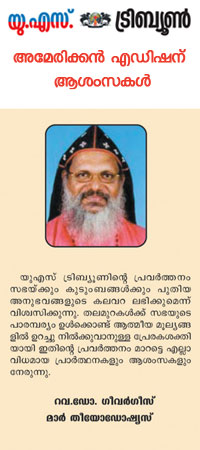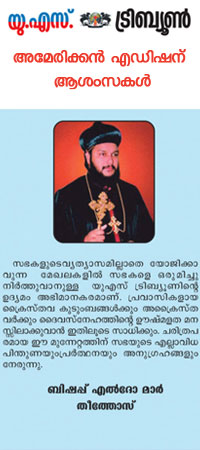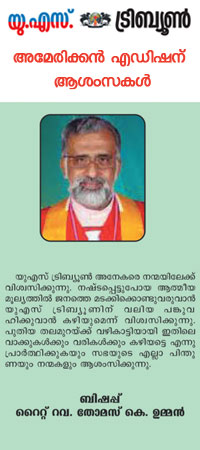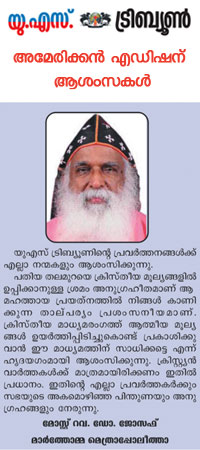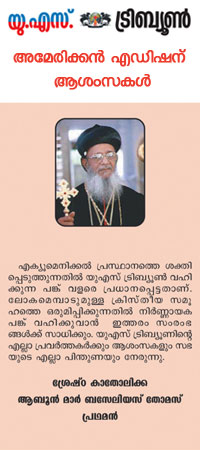Jehoshaphat: Help in Distress
Distress is so interwoven into the biblical story that we almost stop noticing its power. Especially in 2 Chronicles, the kingdoms of Israel face distress at every turn: distress from enemies, distress from within, distress from without. Various leaders approach this distress in varying ways, and often the quality of their leadership is determined by the collection of their responses to distress. After all, it is much easier to act as a God-honoring king when things are going well. It is in times of distress that a person’s character is tested.
This constant narrative of distress in 2 Chronicles also leads to deeper theological questions that undergirds the narrative. Obviously, the Jews are chosen by God to be His people. Yet He continues to allow significant distresses to enter their situation. It is not as if these distresses are always the result of sin. At times there does not appear to be any logical reason for the distress. So, how do we deal with this theologically? Christian author Annie Dillard reminds us, “The omnipotence of God makes no sense if it requires the all-causingness of God” (For the Time Being). Although God may not cause distress, in His omnipotence He allows it. How should we properly approach this?
As Christians, we are made privy to the secret of suffering and distress. That is, through weakness, power is evident (2 Corinthians 12:9-10). Through the suffering of the Cross, resurrection is made possible. As Professor Henri Nouwen writes:
The deep truth is that our human suffering need not be an obstacle to the joy and peace we so desire, but can become, instead, the means to it. The great secret of the spiritual life, the life of the beloved sons and daughters of God, is that everything we live, be it gladness or sadness, joy or pain, health or illness, can all be a part of the journey toward the full realization of our humanity. It is not hard to say to one another: “All that is good and beautiful leads us to the glory of the children of God.” But it is very hard to say: “But didn’t you know that we all have to suffer and thus enter into our glory?” (Life of the Beloved: Spiritual Living in a Secular World).
Distress in the life of Israel became the testing ground wherein God formed them to be His people.
I. CRY TO GOD FOR HELP (2 Chronicles 20:1-13)
By the time we arrive at 2 Chronicles 20 we are quite familiar with King Jehoshaphat. He is the successor to the throne of Judah after his father, Asa, and he remains one of the most famous kings of Judah in the divided kingdom’s history. We find out in 2 Chronicles 17 that Jehoshaphat walked in the earlier example of his father, devoting his heart to God. However, he strikes an unwise alliance with Ahab, king of Israel, against the city of Ramoth Gilead which almost costs him his life. Only because he cries out to God is he spared (2 Chronicles 18:31). Despite this error in judgment, Jehoshaphat rebounds, and continues to govern with excellence. He even builds a professional judicial system for Judah in 2 Chronicles 19. Chapter 20, however, depicts the greatest crisis he has ever known.
An Ominous Threat (vv. 1-4)
After his misled alliance with Ahab in chapter 18, Jehoshaphat bounces back to install judges throughout the land who answer directly to the high priest (2 Chronicles 19:11). This appointment of judges is no small matter. It was meant to turn the structures and hearts of the nation toward God himself. Yet just after this remarkable achievement, distress is brewing.
Israel had no enemies more fearsome than the Moabites and Ammonites. Each of these peoples lived just east of the Jordan River valley, and their close proximity made it easy to put together joint military campaigns. It is left to us to guess about their goals. Ancient warfare was not necessarily focused on gaining land, though this was sometimes the aim. Sometimes war was embarked on for the purpose of plunder, including obtaining human slaves. Whatever the case, these enemies of Israel are intent upon battling Judah, and Jehoshaphat must quickly respond.
The opening phrase in verse 3 gives us a glimpse at Jehoshaphat’s initial, visceral response to this critical threat. He was afraid, yet he responded to his fear wisely by seeking God, and not by himself. He rallied the entire nation to the cause through the concrete act of fasting. We tend to think of fasting as it pertains to our individual spirituality. However, in the Old Testament it was often a radical community or national practice. In his chapter on fasting, Richard J. Foster reminds us that fasting was not only built into the Torah (seeLeviticus 23:27), but “fasts were called in times of group or national emergency” (Celebration of Discipline: The Path to Spiritual Growth). As Foster notes, the situation in 2 Chronicles 20 qualifies as such an emergency.
The response from the people to Jehoshaphat’s heartfelt plea for a national fast is met with overwhelming affirmation and enthusiasm. No one stays home on this important day. They have heard the severity of the threat, and they recognize their only hope lies in their God.
GOLDEN TEXT CHALLENGE
“O OUR GOD, WILT THOU NOT JUDGE THEM? FOR WE HAVE NO MIGHT AGAINST THIS GREAT COMPANY THAT COMETH AGAINST US; NEITHER KNOW WE WHAT TO DO: BUT OUR EYES ARE UPON THEE” (2 Chron. 20:12).
An enemy too strong, resources with which to resist too weak, and wisdom inadequate . . . no one wants to be found in this position. If we had to stop here, we would throw up our hands and surrender. But when we add the fourth dimension – a God who is able – we see a bright spot and hope comes alive! Feelings of helplessness and vulnerability are very uncomfortable. Not knowing what to do (and not being able to do it even if we knew) creates the ultimate despair. That is exactly what happened to Jehoshaphat—and what happens to us.
The truth of the matter is that we must come to this state before we can see the glorious intervention of God. Let us note the essential conditions, the prerequisites for God’s power.
This king recognized the awesome power of his enemy. Many Christians have lost important struggles because they underestimated the power of Satan. We should not glory in his power, but neither should we play games with an Enemy that has the strength to destroy us. A quick look at Scripture and current evil in the world lets us know that we face an unrelenting foe. Let us never forget this.
This king recognized the limitations of his wisdom. None of us, regardless of our wisdom, can outsmart Satan. Our victory over him will never be gained through human strategy and wisdom.
This king recognized the fact that his strength was insufficient against any enemy so strong. I am no match for Satan and his armies. He will grind me into the dirt and will do the same to you. “Cursed be the man that trusteth in man, and maketh flesh his arm” (Jeremiah 17:5).
This king recognized the all-sufficiency of his God. He was wise in that he locked his eyes on the One who had the power to deliver and save him. If we are to win the battles of life, we must focus on Jesus and lock in the focus. Our God will deliver us!












